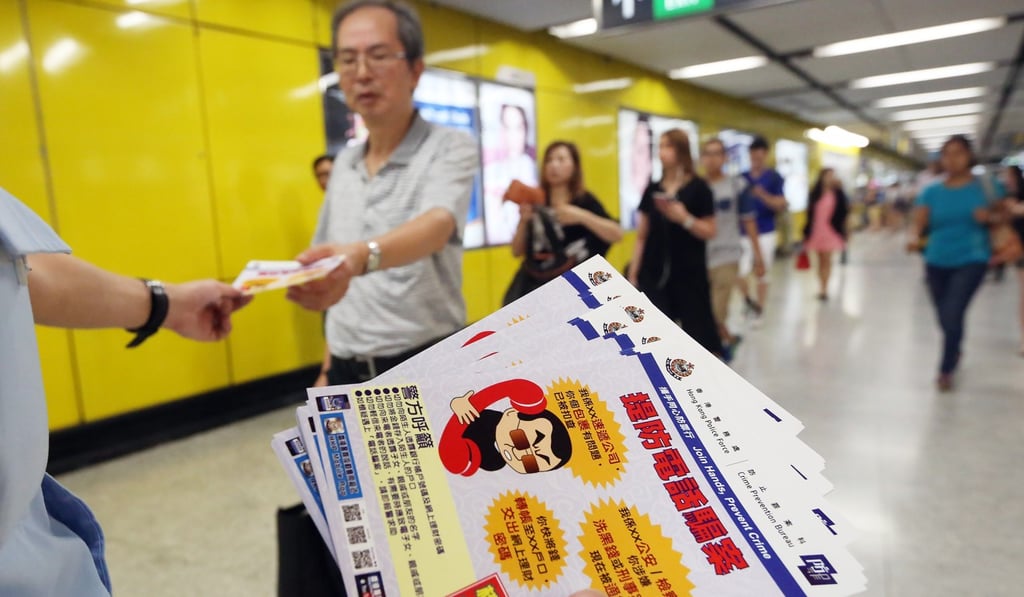How Hong Kong can hang up for good on nuisance calls
Charles Mok says the government consultation document falls short on tackling the issue of unwanted sales calls, and suggests special prefixes for legal telemarketers as well as penalties for flouters of this rule

The government has put forth three proposals. The first two are for the call centres to self-regulate and, second, for the government to promote the use of call-filtering apps in smartphones.
Rampant cold calling by telemarketers in Hong Kong could become a criminal act
First of all, it is rather ludicrous for the government to propose “solutions” that require little to no government effort.
Do-not-call registers ... won’t deter cold callers
Second, the measures are in fact largely already in effect, yet the problem persists. Self-regulating codes of practice are not legally binding and have little deterrent effect, while cold call companies have now found ways to work around the filtering apps.
The third proposal is to establish a statutory do-not-call register for person-to-person calls. To be fair, this is at least a step in the right direction. But such a measure won’t deter cold callers.
Such opt-out registers already exist for unsolicited fax and text messages, but they are notoriously cumbersome to sign up for online.
